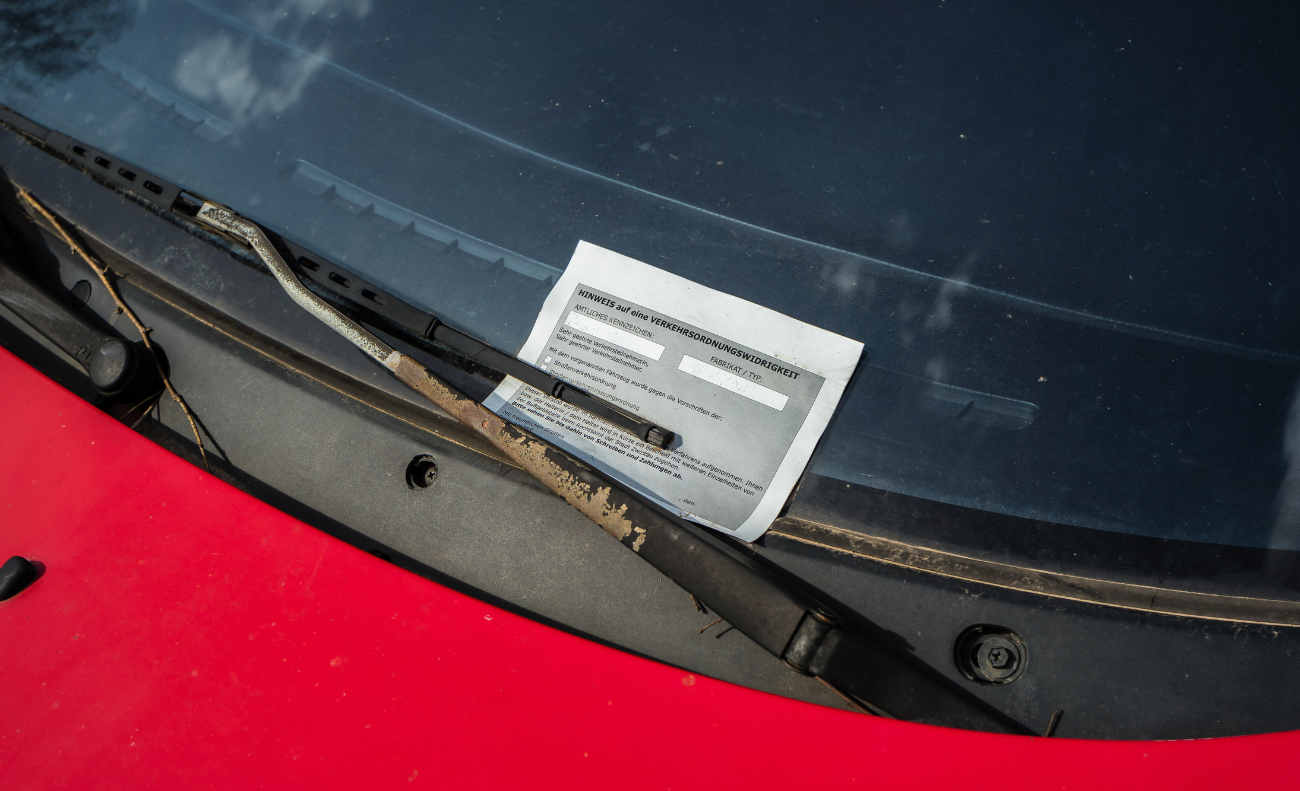A Toronto paralegal has been found guilty of participating in a traffic ticket-fixing scheme that involved bribing city officials to have traffic tickets dismissed or reduced for clients. The paralegal, whose name cannot be published due to a publication ban, was convicted of four counts of attempting to obstruct justice and one count of bribery.
The investigation that led to the conviction began in 2016 when the City of Toronto’s Internal Audit department received a tip about potential ticket-fixing. The department then alerted the Toronto Police Service, and the investigation began. The probe uncovered evidence of the paralegal paying cash bribes and gifts, such as Raptors tickets and bottles of liquor, to city officials in exchange for having traffic tickets dismissed or reduced.
The paralegal was caught after one of the city officials involved in the scheme became a police informant and cooperated with the investigation. The informant provided details of the bribes and recorded conversations with the paralegal discussing the scheme. The recordings and other evidence presented in court were instrumental in securing the conviction.
During the trial, it was also revealed that the paralegal coached clients on what to say in court and how to avoid getting caught in the scheme. The judge called the paralegal’s actions “serious, calculated and sustained.” In addition to the criminal charges, the paralegal now faces disciplinary action from the Law Society of Ontario, which regulates legal professionals in the province.
The guilty verdict sends a message to other paralegals and lawyers who may be tempted to engage in similar schemes. Such actions not only violate the law but also undermine public trust in the legal profession. It highlights the importance of ethical conduct in the legal profession and the need for strong enforcement to prevent abuses of power.
The case also raises questions about the effectiveness of oversight and regulation of legal professionals. While the Law Society of Ontario has the power to discipline lawyers and paralegals who violate ethical standards, it relies heavily on complaints from the public or other lawyers to initiate investigations. The case has sparked calls for greater proactive monitoring and regulation of legal professionals to prevent abuses of power and unethical behavior.
In conclusion, the guilty verdict of the Toronto paralegal in the traffic ticket-fixing scheme is a reminder of the importance of ethical conduct in the legal profession and the need for strong enforcement to prevent abuses of power. The case also highlights the need for greater oversight and regulation of legal professionals to maintain public trust and confidence in the legal system.

